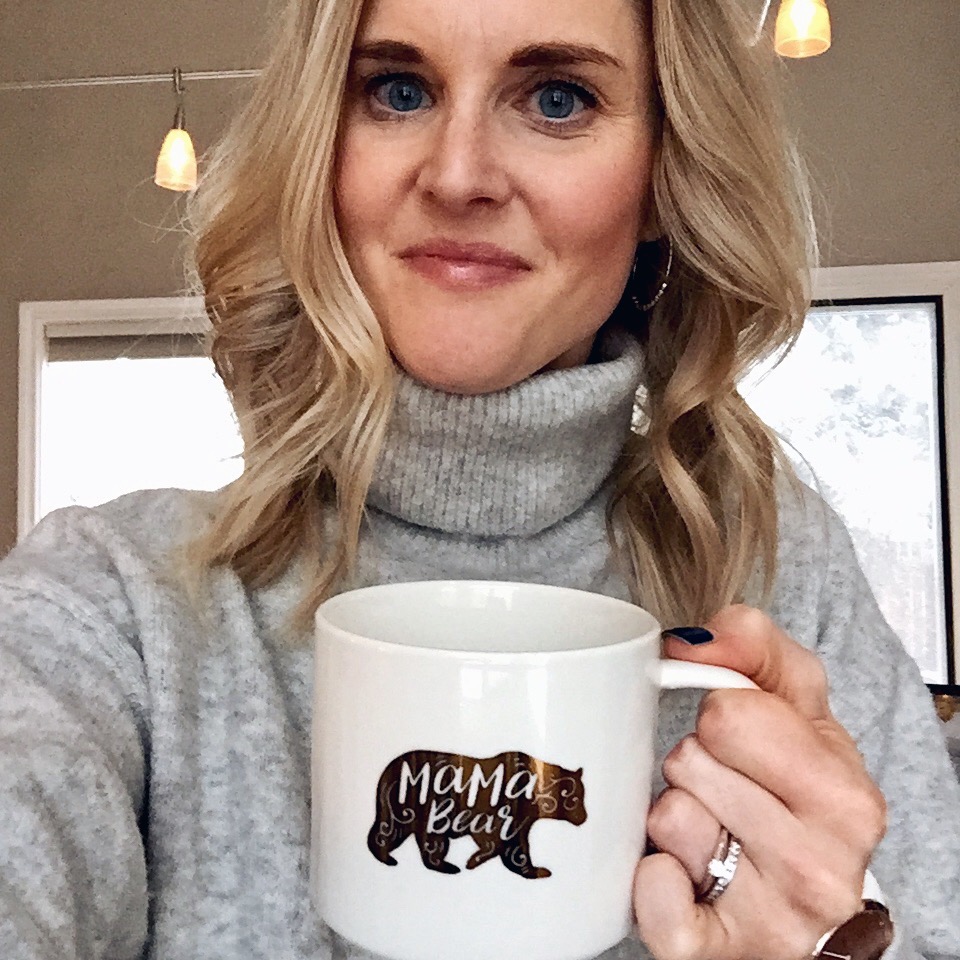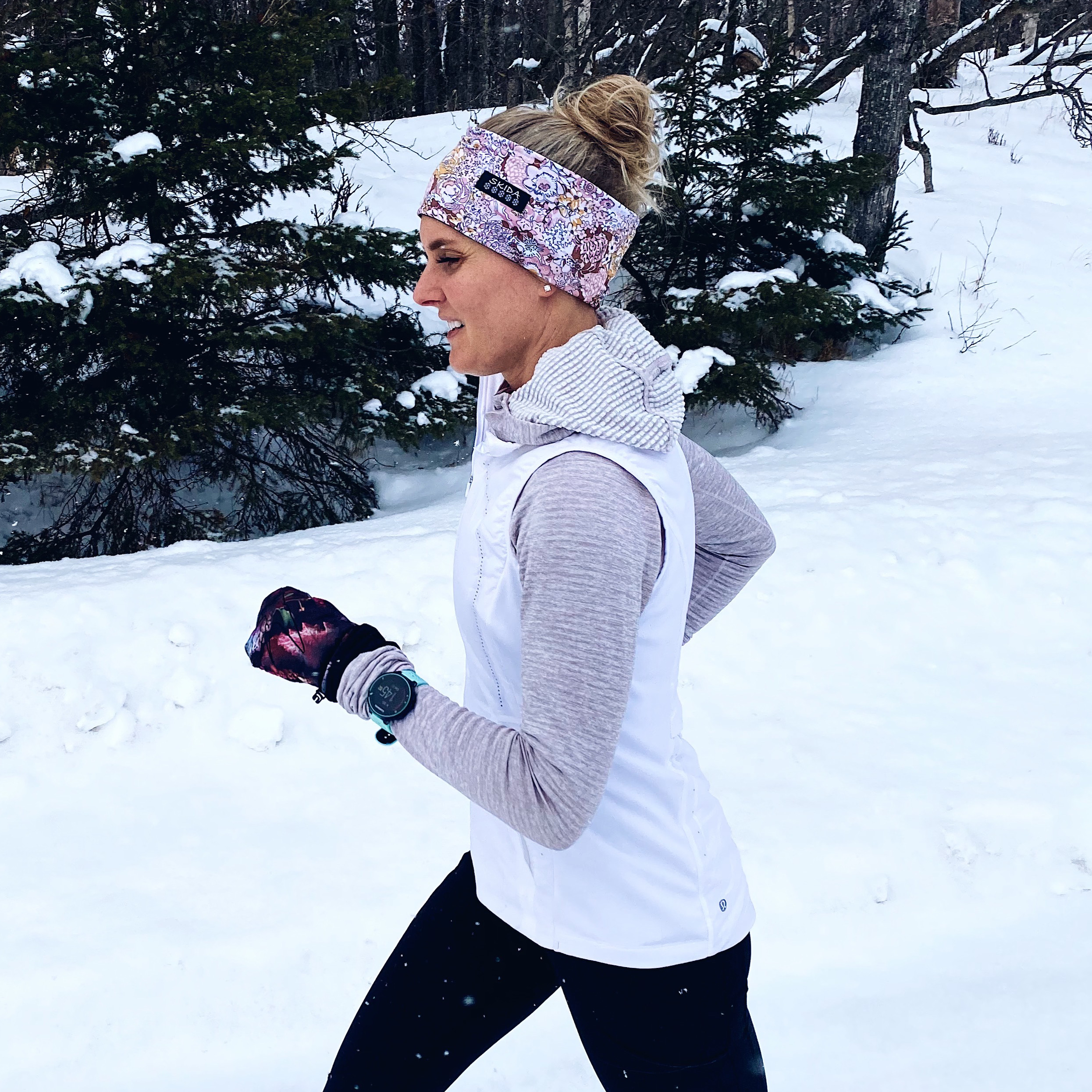I am forever a believer in doing a three day carb load for the marathon. I feel like it is a secret hardly anyone knows about yet results in faster times and not hitting the wall.

This was the third time I doing a carb load for the marathon (You can read about my first and second experience in previous blog posts.), and I will forever sing it’s praises because it has prevented me from hitting the wall in each of these three marathons. Prior to this, I would inevitably hit the wall around mile 21 or 22 and sometimes even earlier.
I will say in order to avoid hitting the wall, you also have to pace yourself appropriately (ahem, you cannot start out too fast), and you have to take in enough fuel during the race. But if you do these three things: carb load + run within your actual fitness + fuel and hydrate enough throughout the race, I can almost guarantee you will be able to finish strong. (Minus an acute injury coming up.)
For this carb load, I started three days prior to the marathon, which meant it started on Wednesday for me. I used Meghann Featerstun’s carb calculator on her website to calculate the amount of carbs I would need to eat each day. It came to a total of about 450 grams of carbs per day.
I know from experience what I like to/don’t like to eat during the carb load, so I have it pretty dialed in and more or less eat similar items each time I do it. I have learned I don’t like to just have a bunch of snacks throughout the day. I like to stick to my three meals, plus two or three snacks. I have also learned it is a lot easier to drink some of your carbs, which helps you not feel as full because all the carbs can feel like a lot after three days.

During a carb load is the only time I track my calories or macros. I know some people who just focus on eating more carbs than usual prior to the race, but I don’t think I would get enough if I didn’t track everything. Getting enough carbs in come Friday afternoon/evening was a little harder because I definitely wasn’t hungry, and I definitely wasn’t craving any more carbs, but I know hitting the total for each day is important for the desired outcome. Luckily I don’t have issues with feeling bloated or “soft” by the end. I make sure to drink a lot of water, which is vital to store all of the glycogen, and I also take in some extra electrolytes going into race day.
Here is what I ate over the course of my three day carb load.
Wednesday
Breakfast:
oatmeal – 27g
oat milk – 8g
dates – 30g
peanut butter – 3g
brown sugar – 4g
tart cherry juice -28g
Total: 100 grams
Lunch:
bagel veggie sandwich – 61g
(hummus, red pepper, cucumber, and spinach)
Goldfish pretzels – 24g
dried mango – 32g
Total: 117 grams
Snack:
Belvita biscuts – 36g
Naked juice – 64g
Total: 100 grams
Dinner:
fajita bowl from Crisp and Green – 68g
oatmeal chocolate chip cookie – 66g
Total: 134 grams
Total for the day: 451 grams of carbohydrates
Thursday
Breakfast:
peppermint mocha from Starbucks – 48g
Starbucks oatmeal – 28g
Total: 76 grams
Snack:
Maurten bar 40g
Total: 40 grams
Lunch:
Whole Foods hot bar:
rice – 22g
lasagna – 15g
sweet potato – 12g
Olipop – 16g
Total: 65 grams
Snack:
organic jelly beans – 35g
Goldfish pretzels – 24g
orange mango juice – 29g
Total: 88 grams
Dinner:
bagel veggie sandwich – 61g
orange mango juice – 29g
applesauce – 14g
banana – 28g
Total: 132 grams
Night Snack:
raisins – 16g
cereal – 14g
Total: 30 grams
Total for the day: 431
Friday
Pre-run:
Nature Bakery fig bar – 38g
Total: 38 grams
Breakfast:
bagel – 60g
peanut butter – 4g
orange mango juice -29g
Total: 93 grams
Snack:
organic jelly beans – 35g
Maurten bar – 40g
Total: 75 grams
Lunch:
bagel veggie sandwich – 60g
banana – 28g
apple sauce – 14g
Total: 102 grams
Snack:
pretzels – 24g
dried mangoes – 32g
Total: 56 grams
Dinner:
ramen – 43g
Maurten bar – 40g
apple sauce – 14g
Total: 97 grams
Total for the day: 461
Race morning was more carbs totaling about 600 calories and 139 grams of carbohydrates.
Nature’s Bakery fig bars – 42g
banana – 28g
Gu energy chews – 44g
Ketone IQ shot – 70 calories but none from carbohydrates
Maurten gel – 25g
During the marathon, I had a gel every 30 minutes:
30 minutes – Maurten
60 minutes – Maurten caffeinated
90 minutes – Precision
120 minutes – Gu Roctane with caffeine
150 minutes – Maurten

This fueling strategy is entirely different than what I did for my first 10 marathons. Prior to incorporating a carb load, I would sometimes eat a big plate of spaghetti the night before the race (but not always), and I would have only three gels during the race. And without fail, I would hit the wall around mile 21-22. (And sometimes sooner.) Now I feel strong until the end. Yes, I still hurt (because I’m pushing my body), but it is entirely different feeling than what I experienced those first 10 times. Honestly, I’m surprised I even stuck with marathoning considering how hard they were!
Marathons are still hard, but fueling properly makes such a difference!
If you are interested, my sister offers a Free Carb Loading Guide as well!






